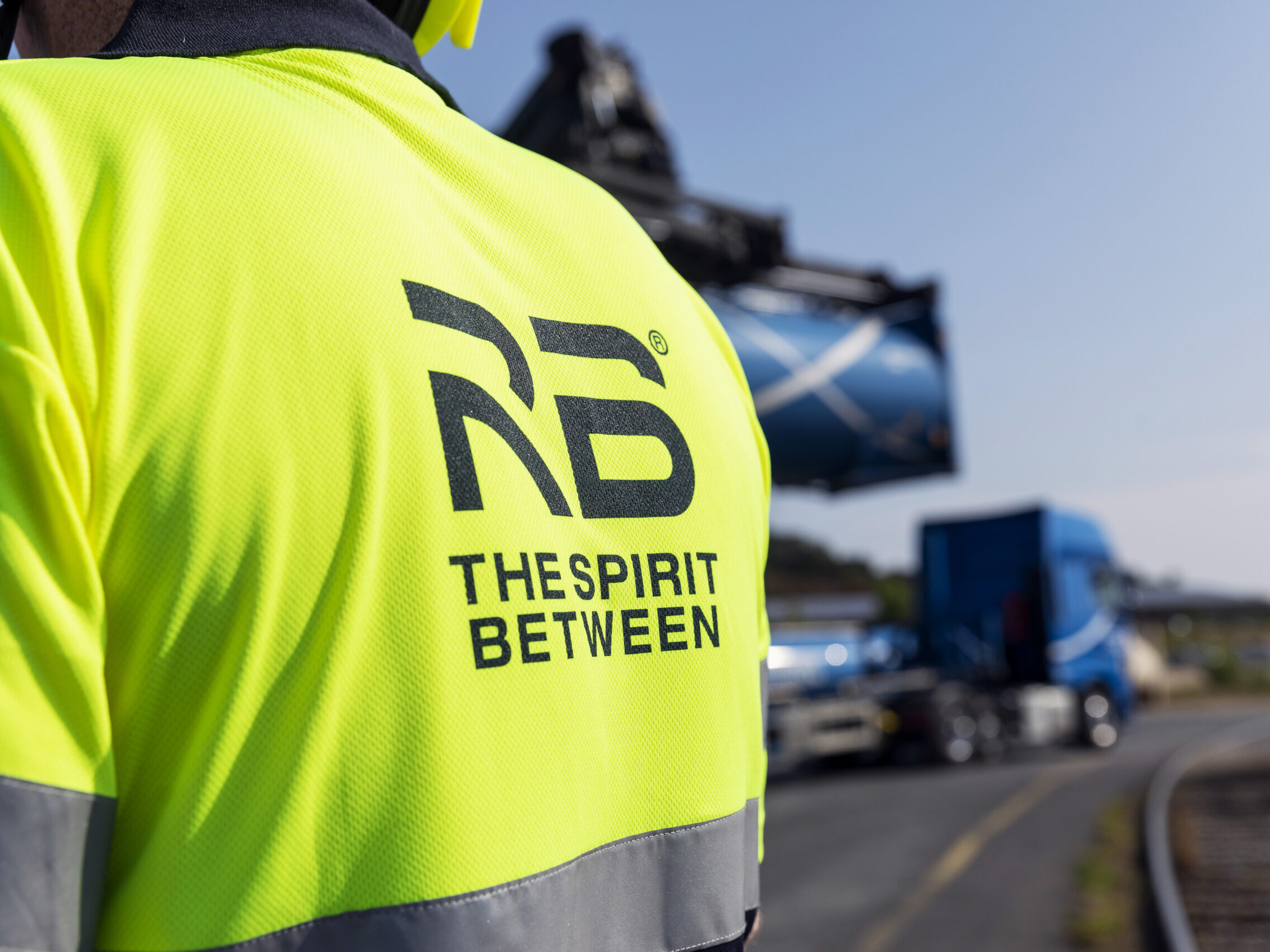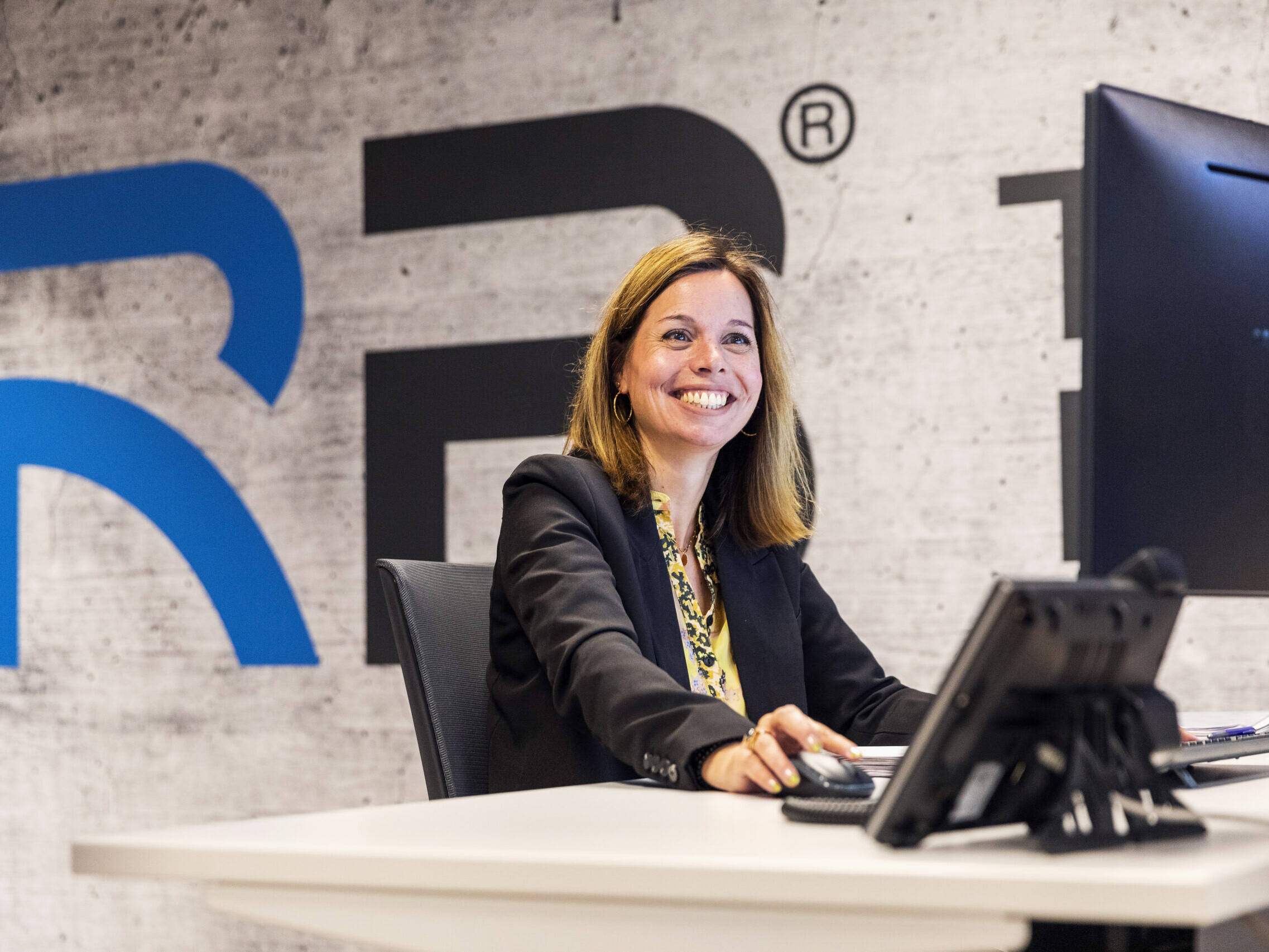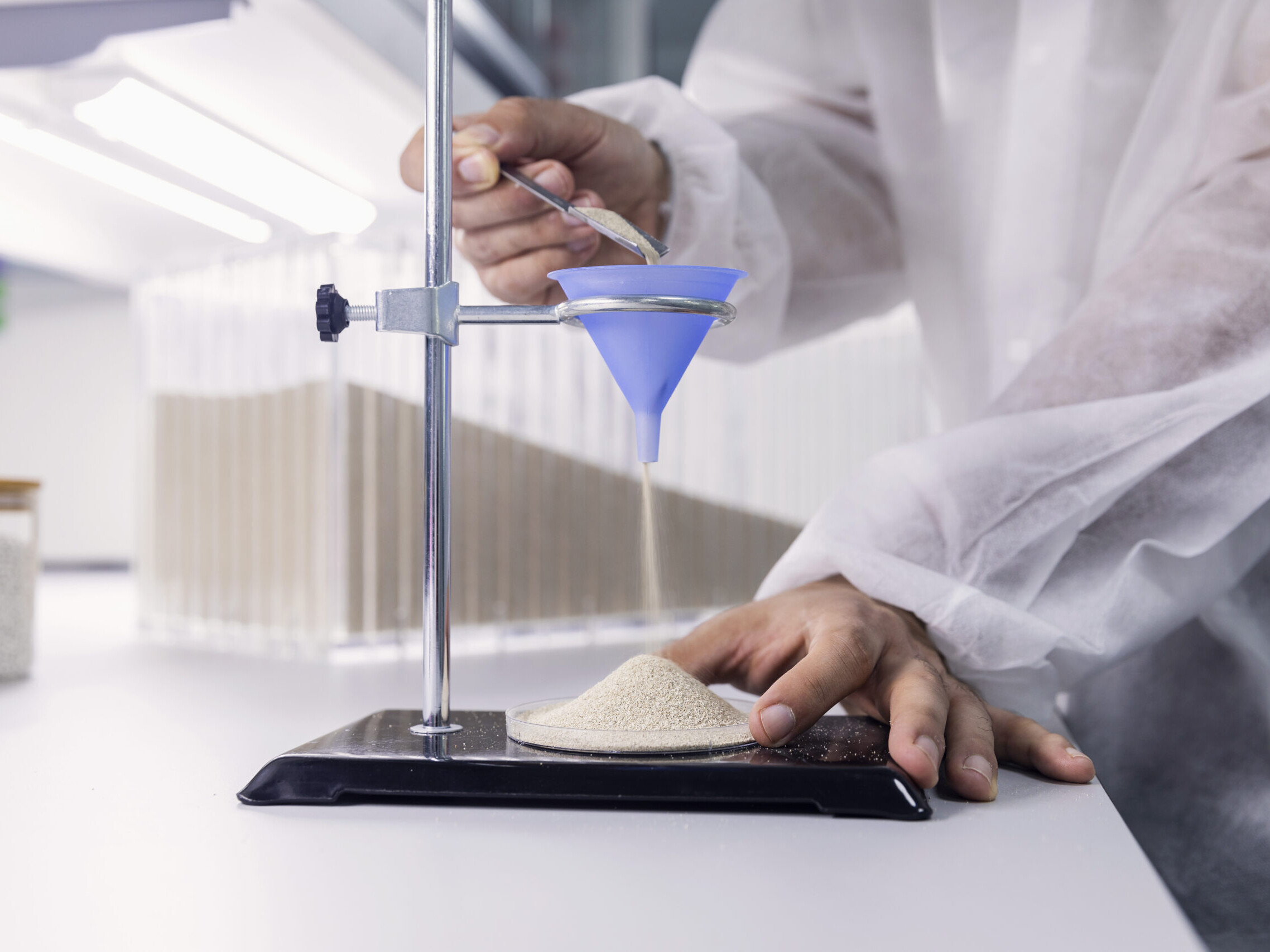
Environment
Sustainability /
Environment
AWARENESS GOES A LONG WAY
RB has always been pioneer in the reduction of harmful emissions generated during the transport of goods. Since our foundation, we decided to connect geographically customers, maximizing low emission transport modalities aiming to reduce the environmental footprint.
These are not only words, but also facts; RB was the first company in Europe to achieve a complete rail intermodal status, being the most environmentally-friendly mode of transport available, whether in terms of harmful emissions (CO, NOx, SO2, etc.), energy consumption, use of space, or noise levels.
We are proud of highly contributing to the strategy of the European Commission expressed through its White Paper on Transport. The Commission’s vision for the future of the EU transport system defines the need of shifting the 50% of longer distance freight journeys from road to other modes by 2050, in order to achieve a 60% reduction in CO2 emissions, among other positive effects. We believe future generations should grow up in a clean and healthy world. We contribute to this goal by developing and implementing new and cleaner ways of transport and logistics across the globe.
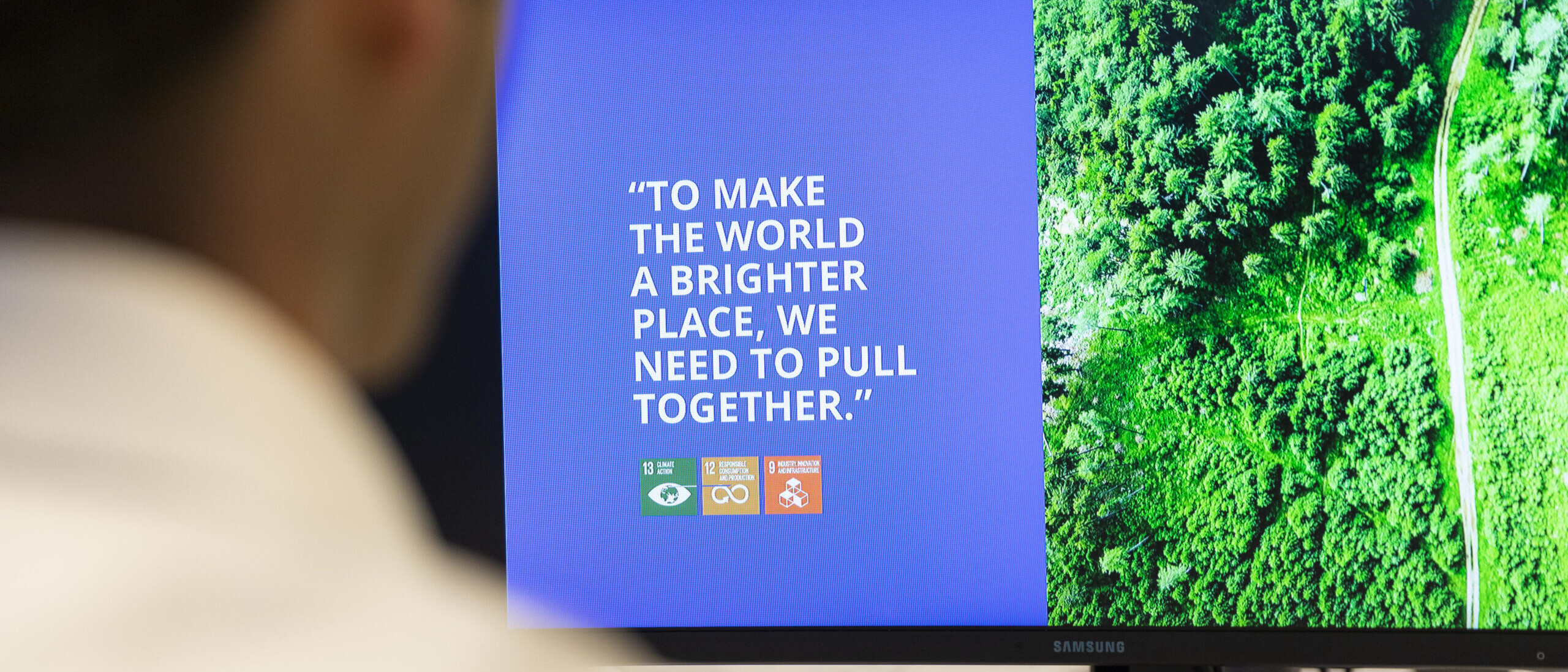
WORLD-CO2, THE WORLD IS OURS TO PROTECT
We are very aware of our responsibility as a logistics service provider regarding harmful emissions and our carbon footprint. We have highly invested over the past decade in low emission trucks, improved trailers and in training of our drivers in Eco Friendly Driving.
For distances above 620 miles (1.000 kilometers), RB saves around 1 ton of CO2 by performing the service by rail compared with road travel over the same distance.
Example: Shipment from Le Boulou, France to Bettembourg, Luxembourg
GHG: Green House Gas. The main greenhouse gases are: CO2, CH4, N2O, HFC, PFC, SF6, NF3 ILU: Intermodal Transport Unit
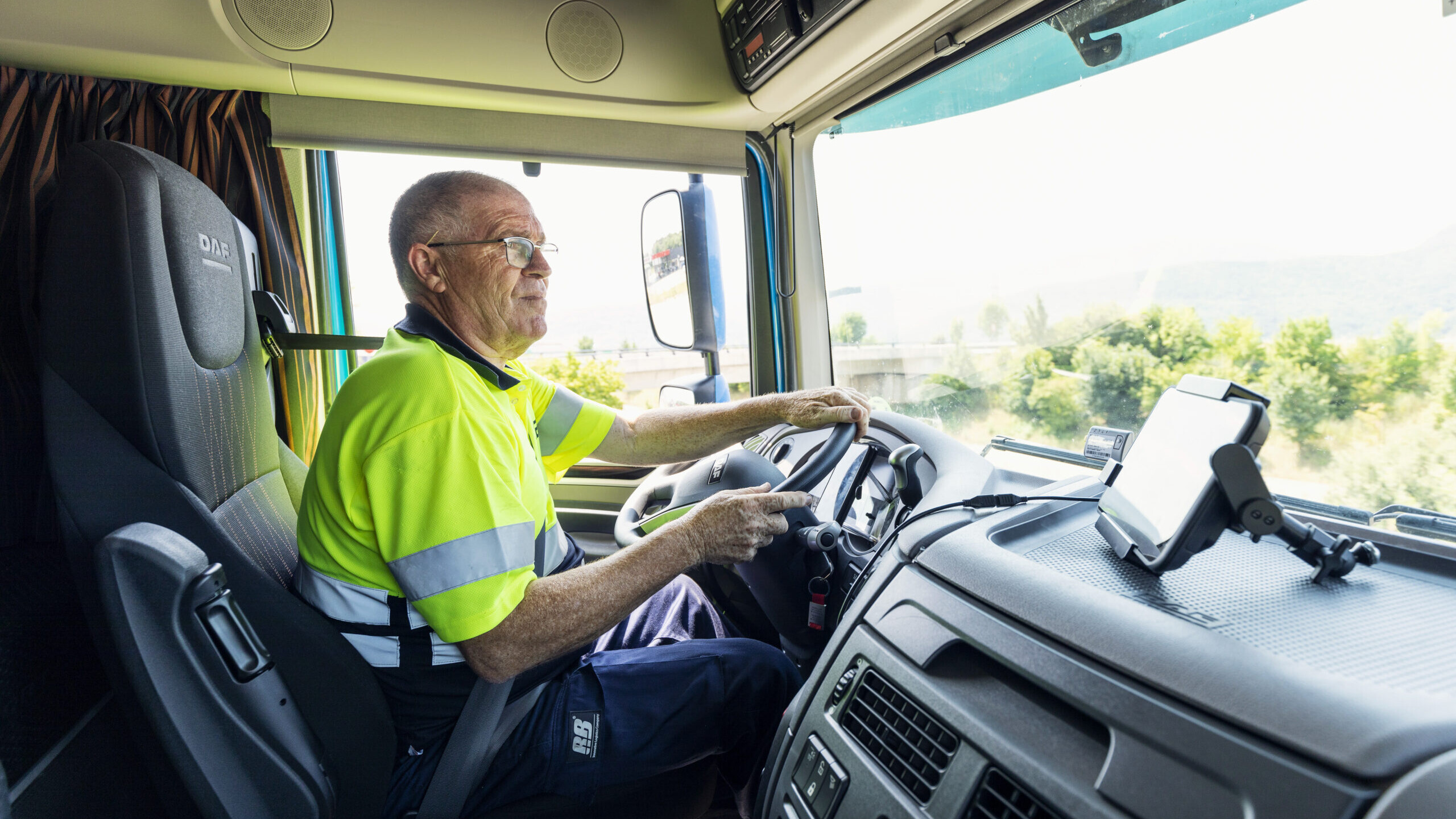
THE WAY IT IS
To dispose of reliable emission data is of key importance in order to improve. The whole fleet of RB trucks are equipped with high precision tools on board to provide us with live information regarding Eco Driving style and emissions. This information is collected and used for coaching and continuous improvement of our overall performance.
Our team is constantly scanning for new technologies and developments in order to keep on being the pioneers we have been from the start. Technologies such as hydrogen-power are being monitored and tested as probably one of the most promising technologies. All major captains of industry agree this solution will be an absolute revolution regarding the decarbonization of transport.
HYDROGEN TECHNOLOGY
RB’s hydrogen strategy is founded upon the need of decarbonizing road transport for goods by 2050. This strategy sets out ambitious targets for green hydrogen produced from 100% renewable electricity as part of a more sustainable and circular economic system.
Green hydrogen is the most promising alternative fuel because of its favorable energy content: 1 kilogram of hydrogen stores 3 times more energy than its oil equivalent and 330 times more energy than 1 kWh of battery cells (Font: IRU).
For transport, this will lead to the need for a more holistic well-to-wheel approach to measuring and monitoring CO2 emissions resulting from the production, supply and use of the energy, as opposed to a narrower approach in which only the energy use of the vehicle is considered. With the ambitious objective of net zero emissions by 2050, the challenge now lies in making clean hydrogen work for us in terms of technology availability, operational feasibility and economic viability. The goal: reducing CO2 emissions over time without compromising road transport services and the huge economic and social benefits they provide.
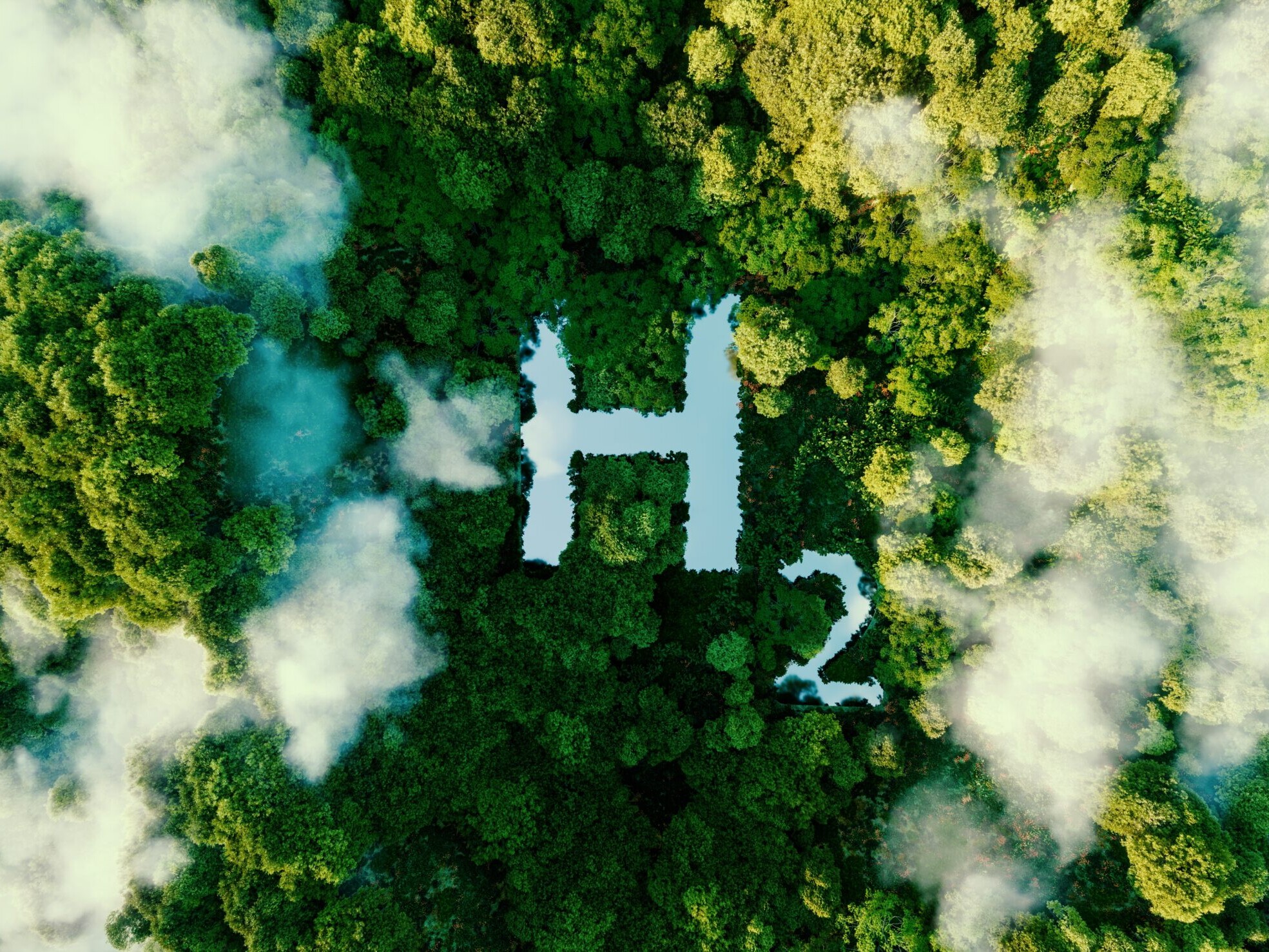
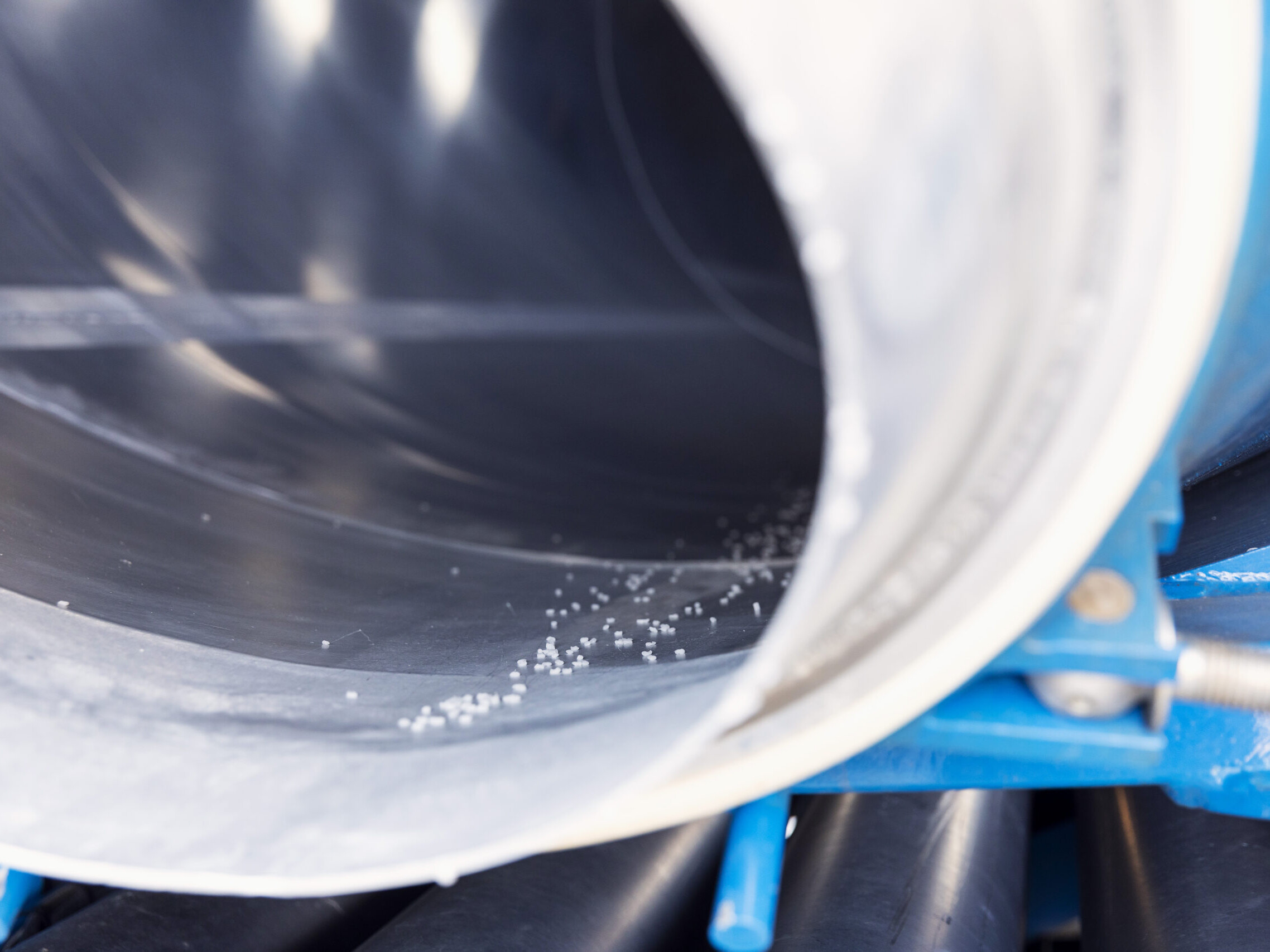
OPERATION CLEAN SWEEP (OCS)
RB is a member of the Operation Clean Sweep initiative. We actively participate in think tanks to provide our expertise when needed. All RB partners are involved in this initiative.
Human-created waste discharged into the coastal or marine environment is known as marine litter. Its harmful effects to ocean ecosystems, wildlife and humans led governments, private enterprises, environmental groups and countless citizens to take action.
Plastics organizations from around the world joined to announce The Declaration of the Global Plastics Associations for Solutions on Marine Litter.The Declaration was completed in 2011, and since then 75 plastics organizations and allied industry association in 40 countries have voluntarily signed and now operate as the Global Plastics Alliance (GPA). The GPA is committed to take action and make measurable progress.

UNITED NATIONS SUSTAINABLE DEVELOPMENT GOALS (SDGs)
The 17 (UN SD Goals) are a universal set of goals, targets and indicators that UN member states will be expected to use to shape the agendas and political policies over the next 15 years. This ambitious agenda for all of humanity seeks to finish what the Millennium Development Goals started, while adding its own elements. We supports these goals, in collaboration with ECTA (European Chemical Transport Association) and included the environmental goals in our policies, procedures and objectives on short, mid- and long-term strategy.
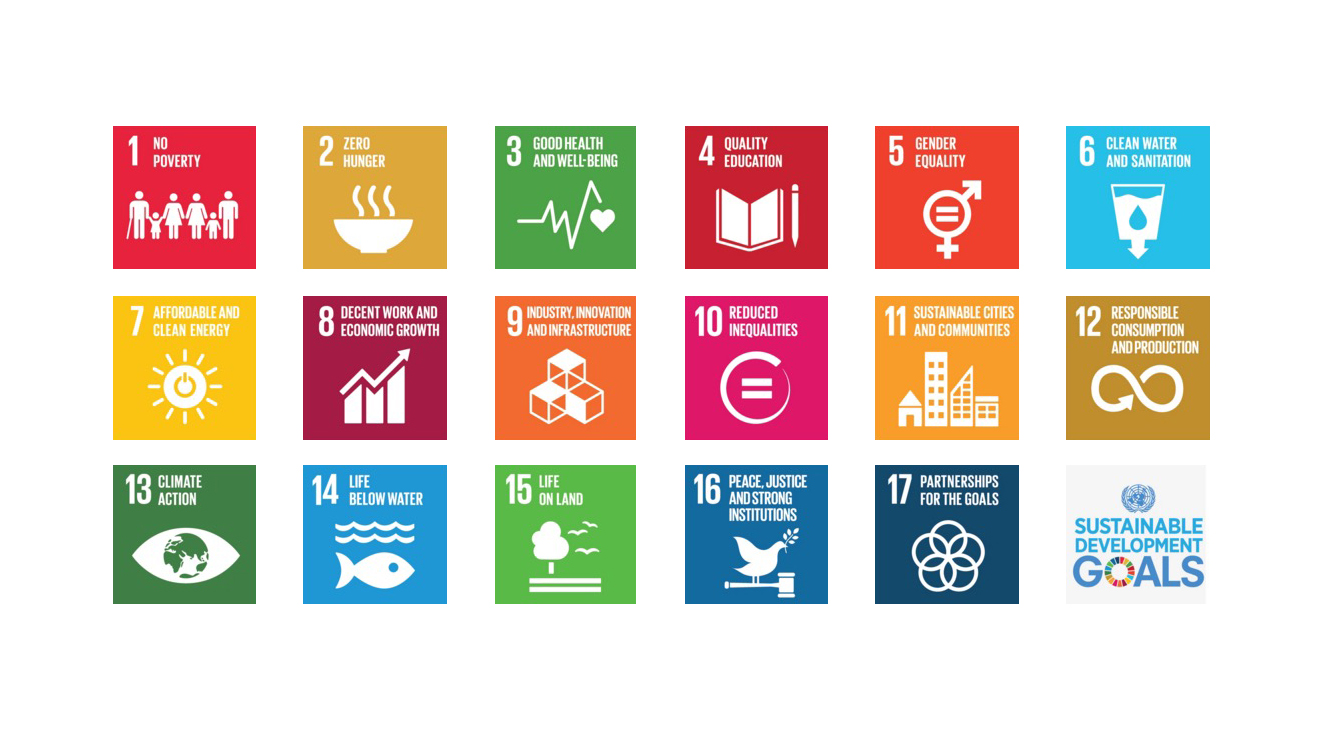
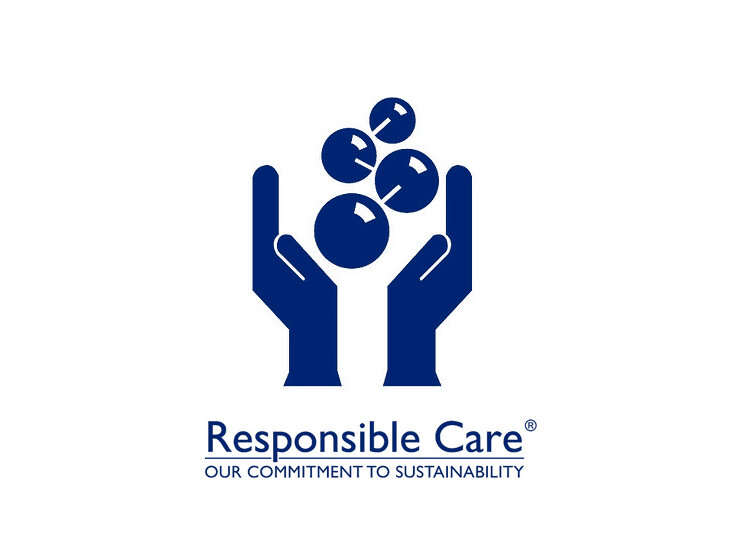
RESPONSIBLE CARE
Responsible Care® is the global chemical industry’s unique initiative to improve health, environmental performance, enhance security, and to communicate with stakeholders about products and processes. We at RB have been active participators of the program for years and we have implemented the values of the program into our Company Policy. Responsible Care commits companies, national chemical industry associations and their partners to:
- Continuously improve the environmental, health, safety and security knowledge and performance of our technologies, processes and products over their life cycles so as to avoid harm to people and the environment.
- Use resources efficiently and minimize waste.
- Report openly on performance, achievements and shortcomings.
- Listen, engage and work with people to understand and address their concerns and expectations.
- Cooperate with governments and organizations in the development and implementation of effective regulations and standards, and to meet or go beyond them.
- Provide help and advice to foster the responsible management of chemicals by all those who manage and use them along the product chain.
LEARN MORE ABOUT US
We invite you to discover more about our approach in business.

